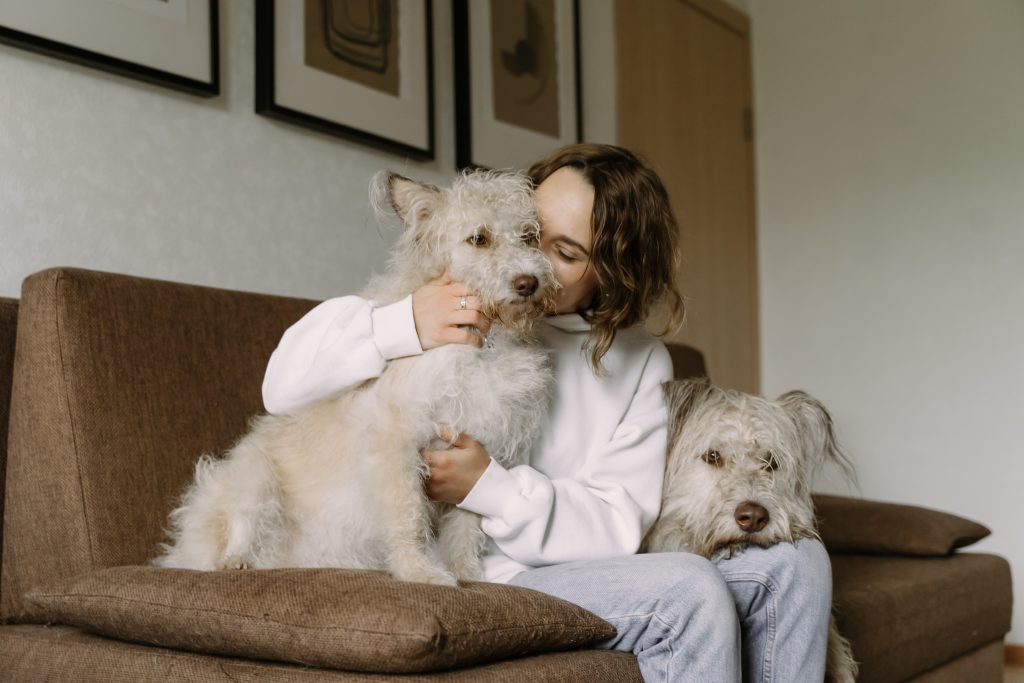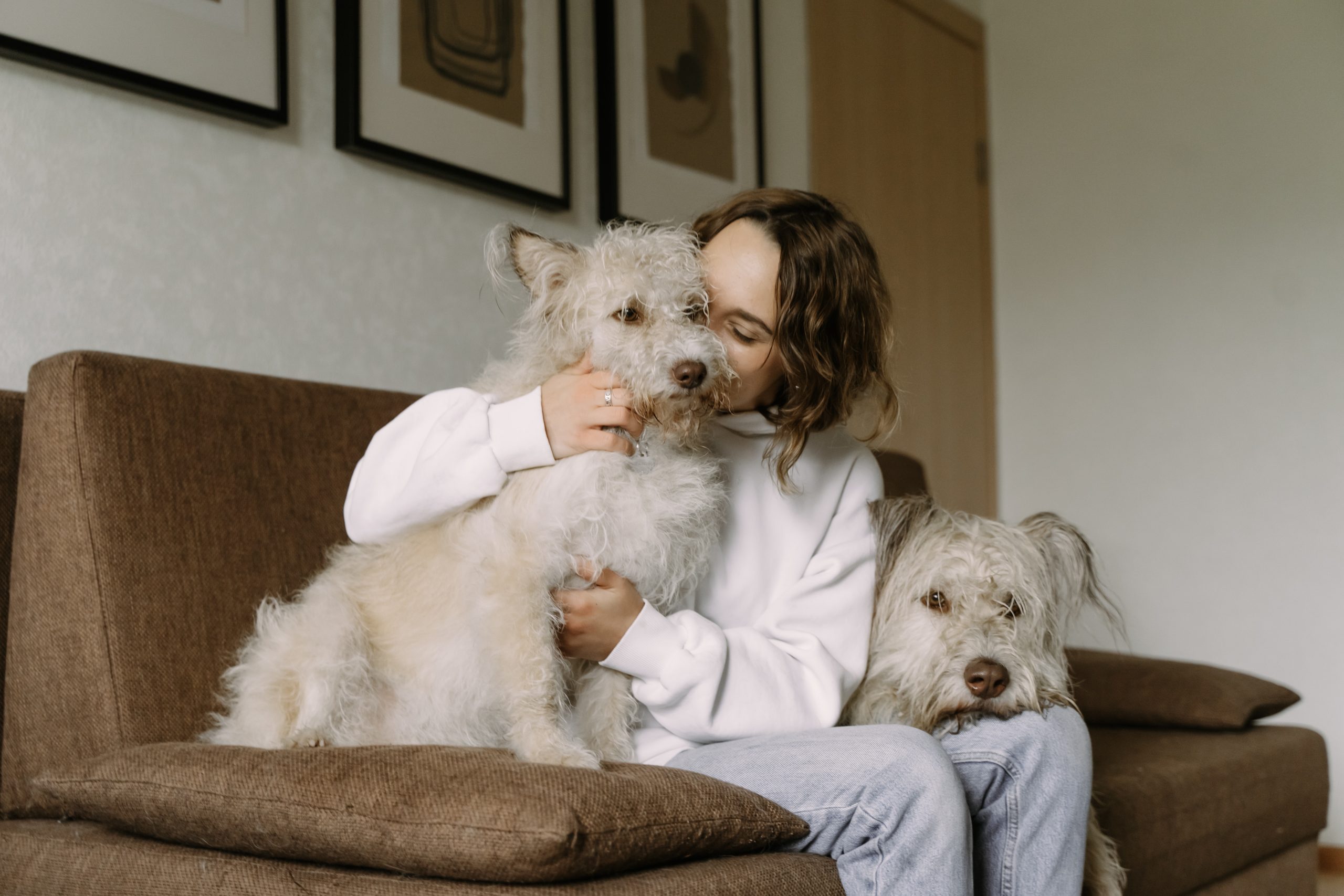Pets Provide Exercise And Reduce Stress In Older Adults
Prioritizing our health and wellbeing is essential as we age. Our bodies are vulnerable to many issues including cognitive decline and physical limitations. Owning a pet is a great way to maintain a healthy lifestyle. Pets can provide companionship and also help to reduce stress. This article will examine the ways that pets can help older adults reduce stress and exercise.

Benefits of Physical Exercise in Older Adults
Exercise is essential for a healthy life-style as we age. Exercise can increase bone density and improve cardiovascular health. It also reduces the risk of chronic diseases like diabetes, heart disease and obesity. Exercise can improve cognitive function, mental well-being, and quality of life. Many older adults find it difficult to remain active.
Pets and Exercise
Pet ownership can be a great way to get older adults moving. It is easy and enjoyable to increase your physical activity by walking a dog or playing a cat. A study published in Journal of Physical Activity and Health found that dog owners walk 22 minutes per day more than non-dog owner. Walking a dog provides a sense social support and companionship. This makes it an enjoyable and sustainable exercise.
Exercises for Pets
Pets can be a great way to keep older adults active. Walking a dog, for example, is a common form of exercise. Physical activity can be achieved by playing with a cat with toys, chasing the ball with a dog or swimming with your pet. It is important to choose an activity you enjoy and that you can sustain.
Pets and Stress
Many older adults experience stress. Chronic stress increases the risk of chronic diseases, cognitive decline and emotional instability. Owning a dog can reduce stress.
The Benefits of Companion Animals
Companion animals provide emotional support and comfort. Petting a dog or cat can release oxytocin. This hormone promotes feelings love and bonding. A pet can also provide a sense purpose and responsibility that can help to combat loneliness.
depression.
Pets as Social Support
Maintaining emotional health as we age is dependent on social support. Pet ownership can be a way to gain social support.
Even owning a pet cat can reduce loneliness and provide companionship.
How to Choose the Right Pet
It is important to choose the right pet for a successful and positive relationship. Certain pets are better suited to older adults, as their needs may differ from younger people’s.
Smaller dogs, for example, may be easier and more convenient to handle. They also provide a less-impacting form of exercise.
Conclusion
Owning a pet is a great way to maintain a healthy life style for older adults. Pets are a great way to get some exercise, relieve stress, and provide companionship. Pet ownership is a great way to enjoy a long-lasting relationship. While selecting the right pet can be crucial in establishing a good rapport, there are many benefits for older adults. Prioritizing our health, and our well-being will ensure that we get to enjoy our golden years.
FAQs
Can pets help reduce cognitive decline among older adults?
Some studies indicate that while more research is required, owning a dog or cat can improve cognitive functioning and reduce the risk for cognitive decline.
Which types of pets would be best for older adults and why?
A: Smaller cats or dogs may be more suitable for older adults, as they are easier to maintain and provide a less-impacting form of exercise.
Does owning a dog or cat reduce loneliness among older adults?
A: Owning a dog can reduce loneliness and provide companionship.
Can older adults safely own pets?
A: Yes, provided the older adult can physically handle the responsibilities that come with pet ownership. Before choosing a pet, it’s important to take into account any physical limitations.
Does owning a dog improve the quality of life in older adults?
A: Owning a dog can offer emotional support, encourage physical activity, provide a sense purpose and responsibility and improve the quality of life of older adults.

